It’s an interesting time to be writing about video game adaptations, especially in light of the Borderlands disaster.
The whole point is to talk about the huge leap forward in game adaptations, from the ridiculous days of Bob Hosking’s Super Mario Bros. to Amazon Prime’s Fallout.
The latter received 16 awards and nominations, while the former is still the butt of jokes, memes and GIFs.
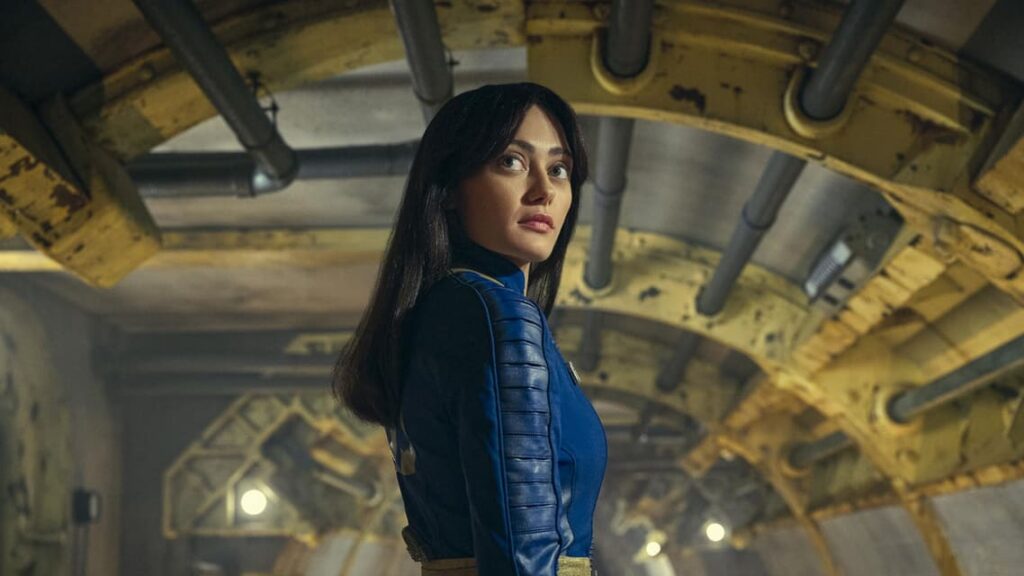
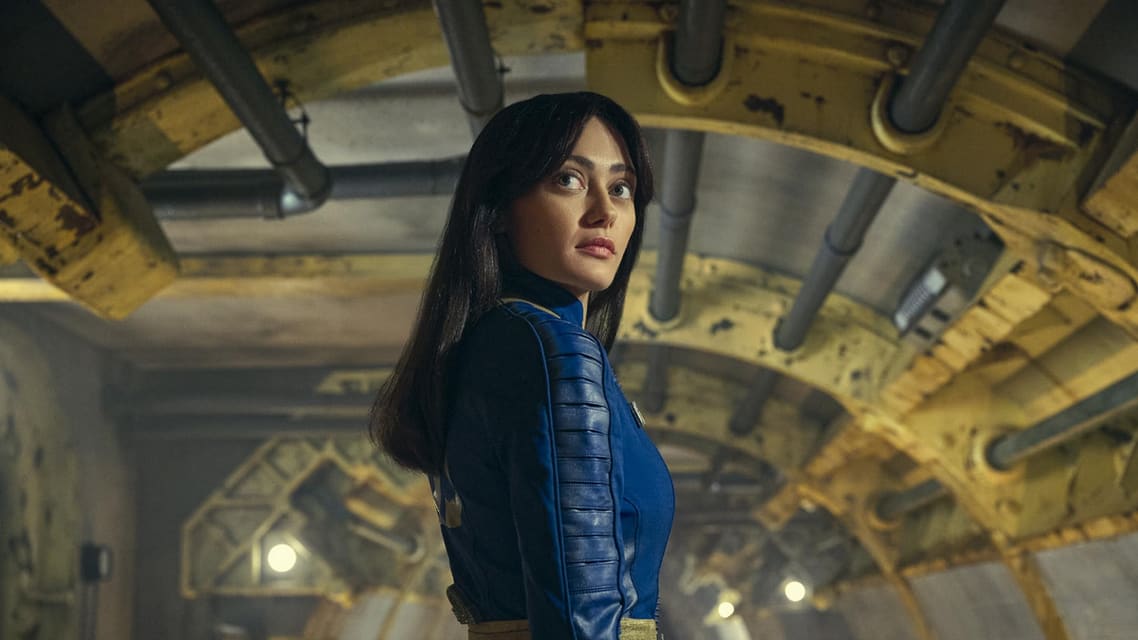
There was a time when Hollywood only wanted to profit from popular video game franchises.
Quality be damned. While the money factor hasn’t changed, Hollywood now knows that audiences are sensitive to adaptations of beloved franchises.
Then, in preparation for this little gathering, Borderlands reared its ugly head, muddied the waters, and arguably rivaled the notoriety of Super Mario Bros.
Although Borderlands presciently teased the aforementioned title, the show must continue, and there are still plenty of positive qualities worth pointing out, especially on the small screen.
The early days of video game adaptations
Saying “early” is a bit of a misnomer.
Historical cinematic gems like House of the Dead, The Amityville Horror, Dracula, and Prince of Persia were all released after 2000. There are more, but I might fall asleep listing them.
Prince of Persia isn’t even a bad movie. They had to go the extra mile and put Jake Gyllenhall, a man who bears no resemblance to Prince of Persia, in the driver’s seat.
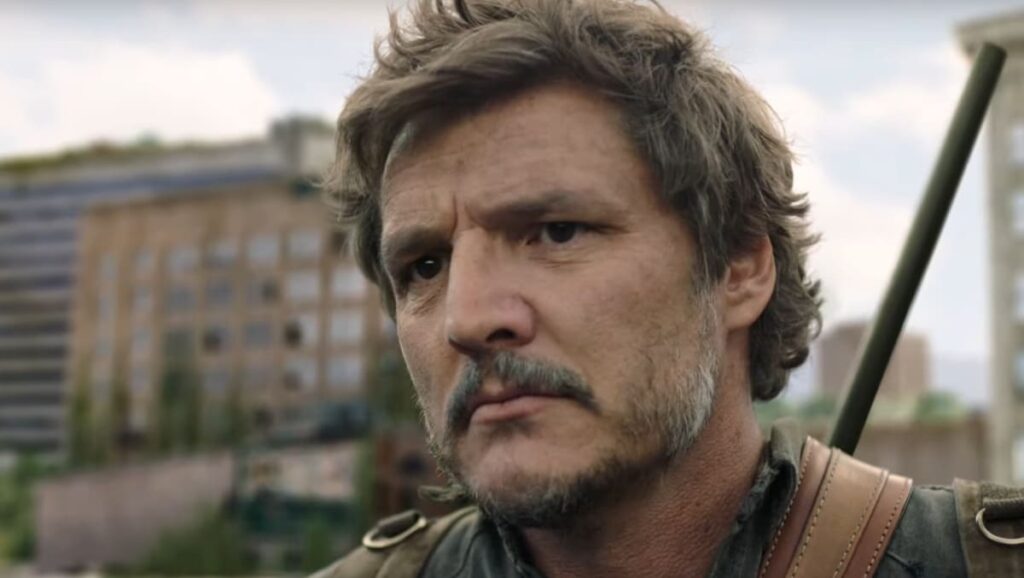
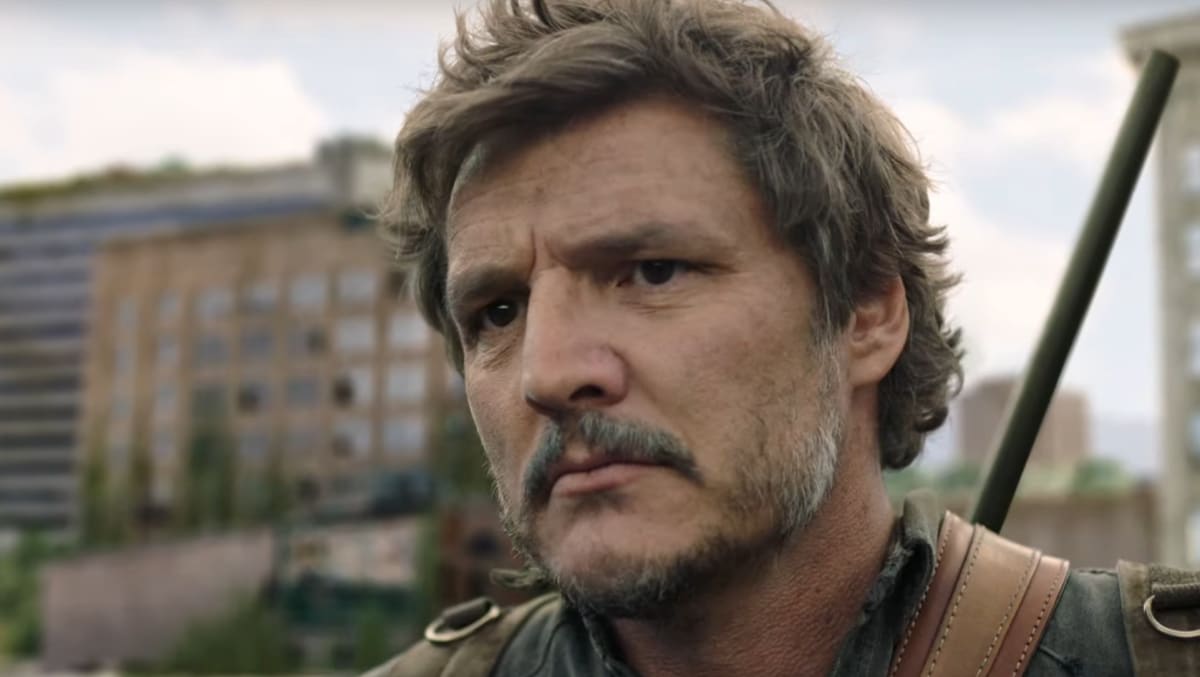
If you like non-surgical lobotomies and electroshock therapy, all 4,000 Resident Evil sequels will be fun. But if you really want to feel your gray matter leaking out of your nose, you have to go back to 1993’s Super Mario Bros.
It was a critical commercial failure by all accounts, but video game adaptations continued throughout the ’90s and into the new millennium.
“Moderate” is better akin to a fan base being run over by Humvees instead of tanks. The video game generation is largely misunderstood. Hollywood is more interested in the popularity of the game than the “why” of the game.
Video game and movie development are completely different
Without getting too deep into the technical complexities of video game adaptations, there are some major differences between film/TV and video game development.
Video games involve more backtracking. Post-production and testing work is extensive, especially in games with large, complex stories. Designers, developers, artists, and testers collaborate extensively.
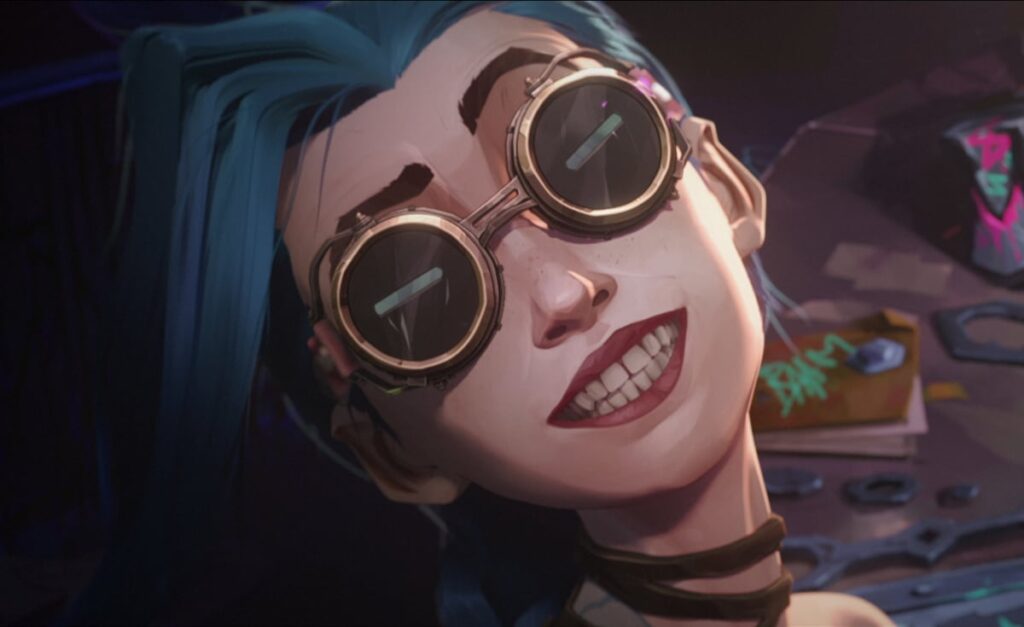
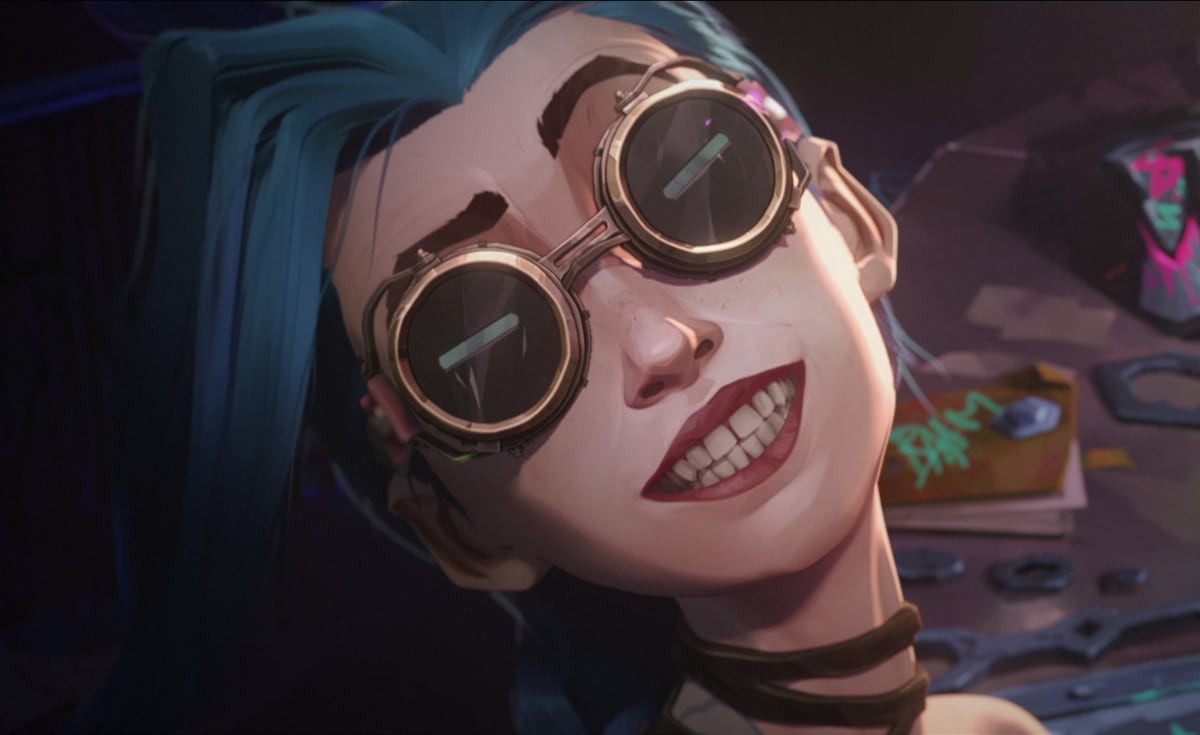
Movies are linear, even the most sophisticated TV series.
Script writing, storyboard casting, location scouting and planning are only nominal parts of the process.
The audience experience is also noticeably different, for obvious reasons. While film and TV entertainment is linear, you have to actively participate in playing the game.
Again, without delving into the contrasting characteristics of each entertainment venue’s development and engagement, all of this is to say that video game adaptations aren’t easy—a far cry from adapting books, comics, or graphic novels.
inflection point
The Witcher is the most easily mentioned successful video game adaptation. However, it’s more like a hybrid remake of a book and a video game.
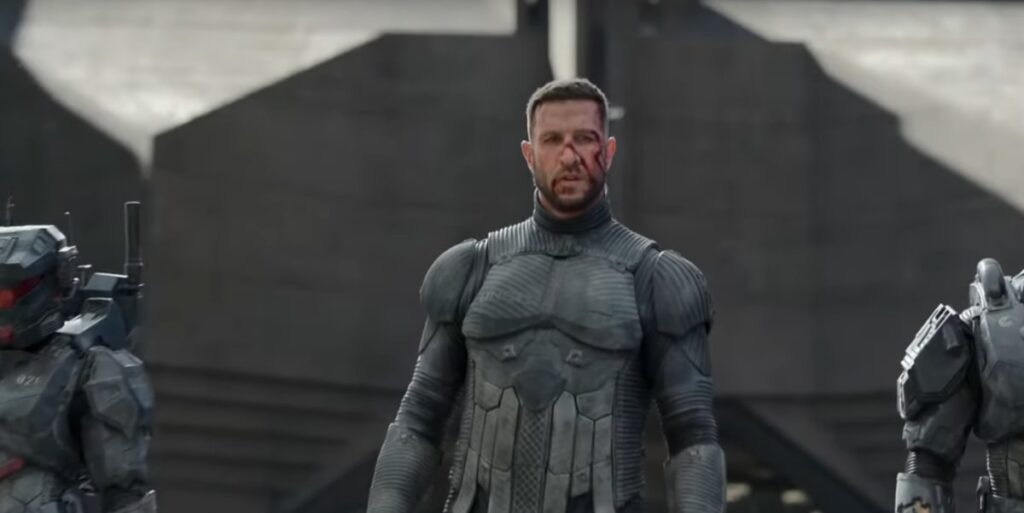
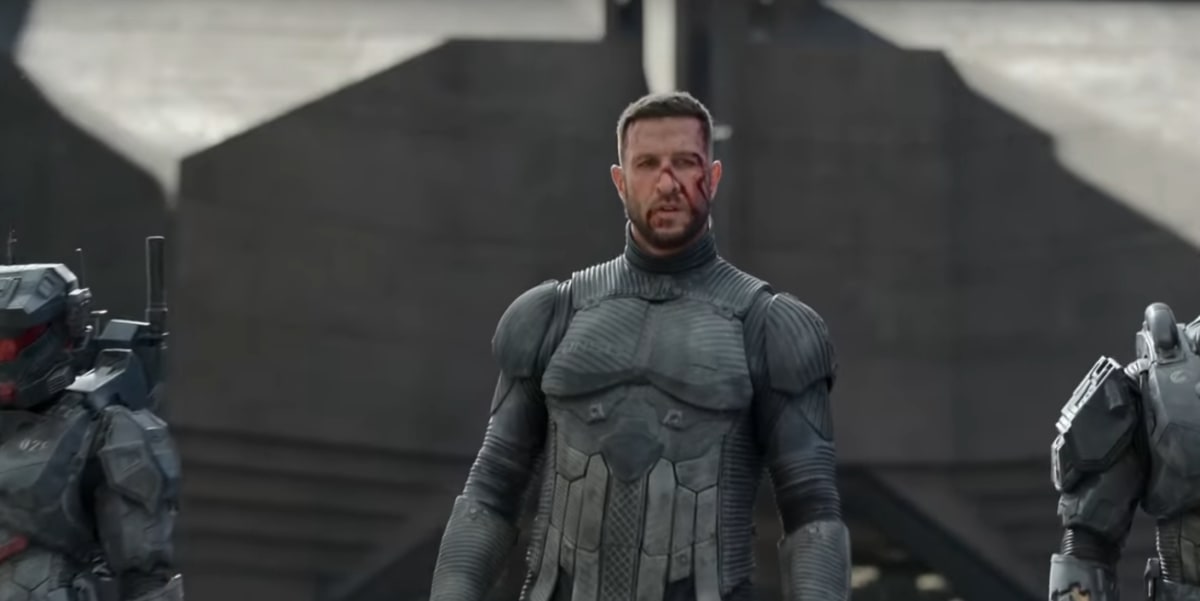
Castlevania was a critical and commercial success, and Netflix only needed four episodes of the first season to greenlight a second. The Witcher came out two years later, and Arcane in 2021.
The three also prove that the episodic format may be a better approach for video game adaptations.
The episodic format allows for more creative freedom, bringing games with large casts, extensive backstory and multi-faceted plot points into the world of cinema.
Amazon’s Fallout has been a huge success thanks to the show’s producers avoiding the pitfalls of using existing characters, instead taking a setting from the universe and lore, but also with new characters and a new story .
Secondly, and this is the challenging part, it means you have to figure out how to translate into a passive medium, which is the nature of an interactive medium. For me this is fall out Particularly enlightening.
–Game Consultant, Tom van der Linden
On the film side, 2018’s Tomb Raider proved that Hollywood could adapt a video game without turning it into a steaming pile of, well, you know.
Tomb Raider isn’t among the most successful adaptations, but it’s much better than Super Mario Bros.
Detective Pikachu does the same thing, although you could argue it’s more of a hybrid, similar to The Witcher, drawing lore from the cards, games, and animated series.
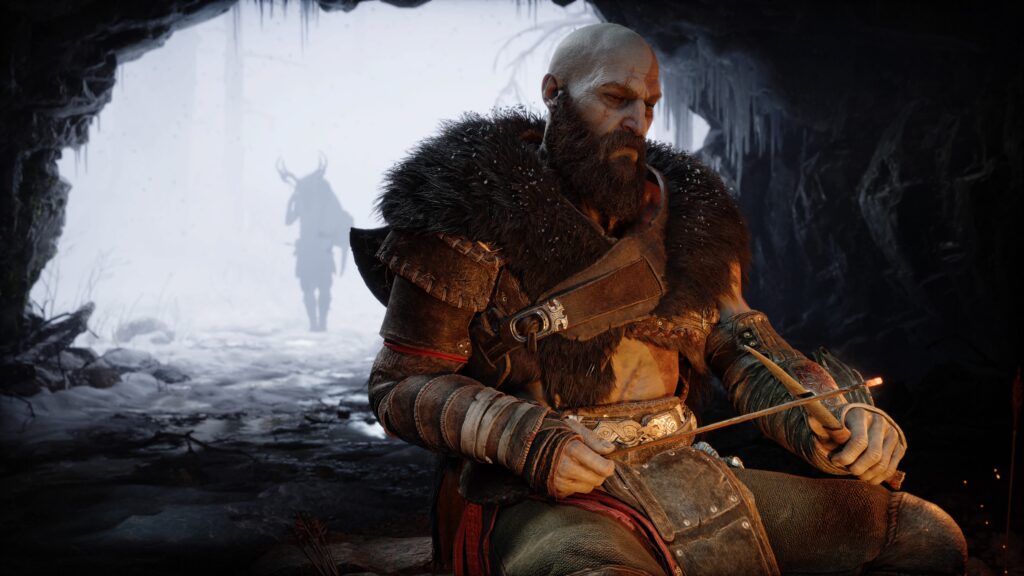
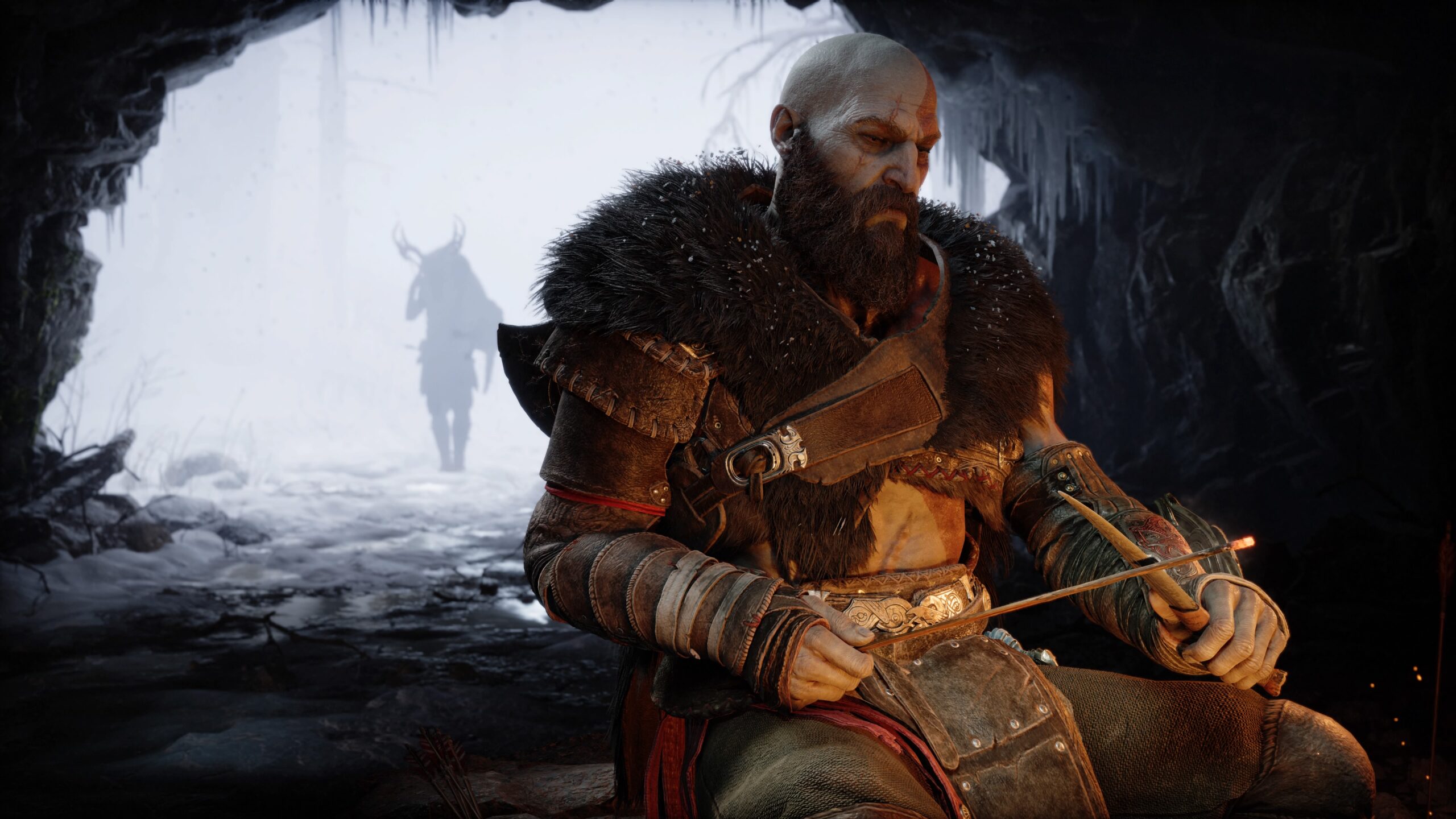
SEGA’s adaptation of Sonic the Hedgehog has also been moderately successful, enough to warrant a third Sonic release in December.
Borderlands case
We’re not out of the woods yet, and Borderlands is another example of poor decision-making in video game adaptations.
I haven’t seen the movie yet, so I’ll try to keep my opinion as personal as possible, but the 10% critic and 50% audience score on Rotten Tomatoes speak volumes.
So we can use certain things, but I don’t want to be too slavish. I didn’t just want to photograph the game. We wanted to tell a great story on its own, but of course it also created Easter eggs for the fans. This is a big movie.
– Director, Eli Roth
Well, great job, Eli.
There are currently seven Borderlands games on the market. These are massive games filled with lore, characters, worlds, and plot points.
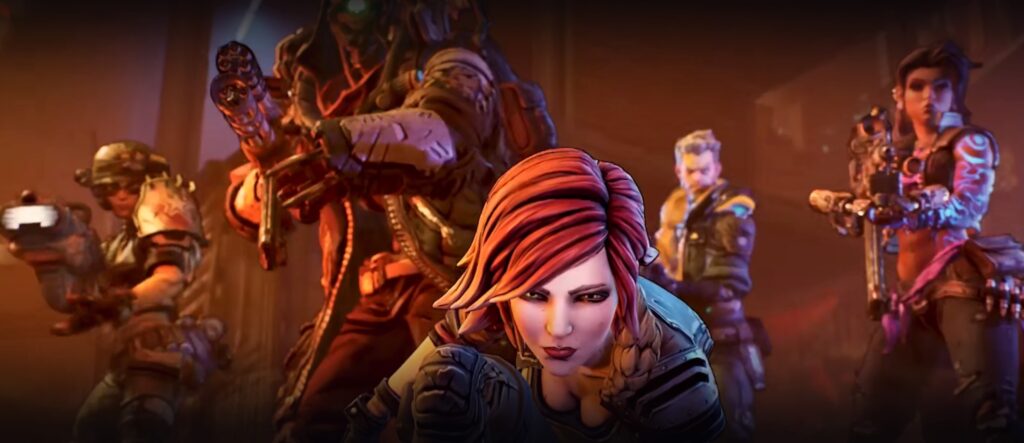
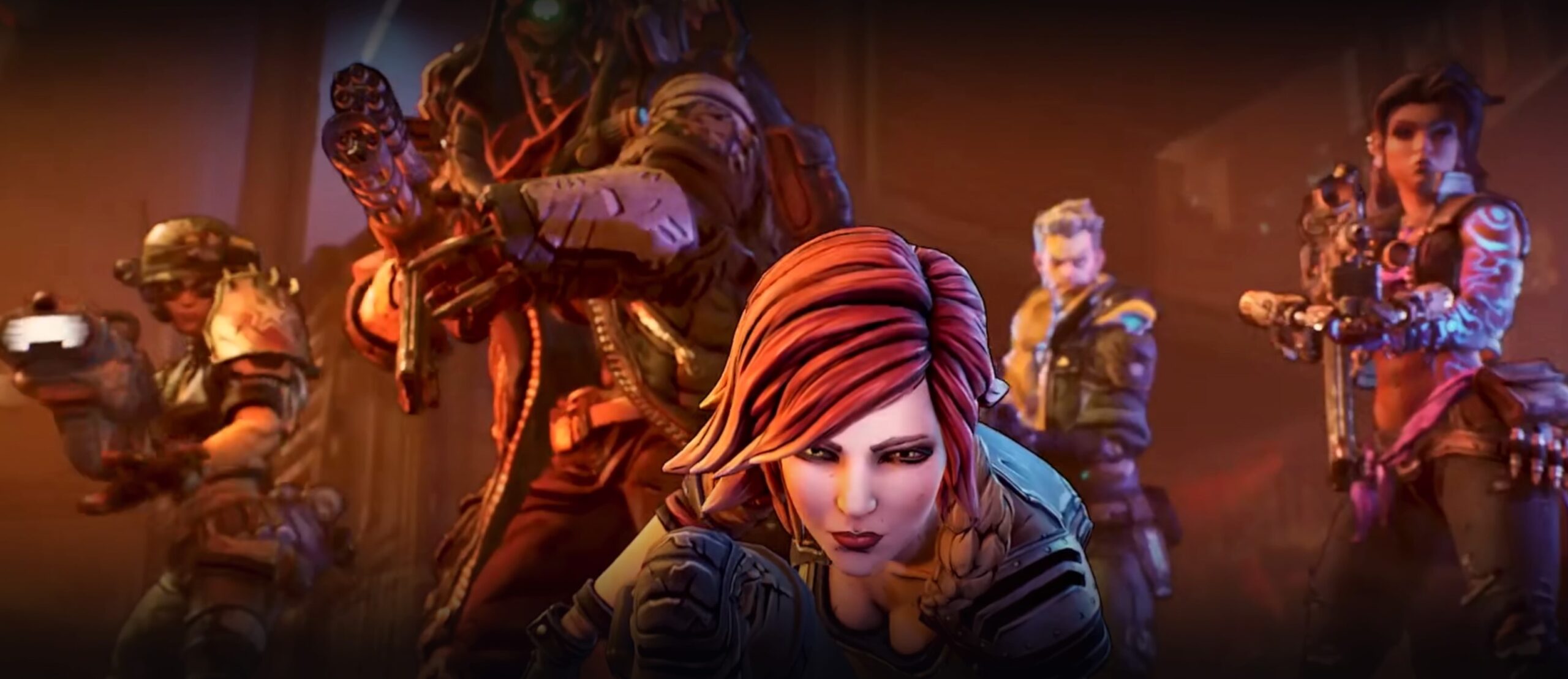
Squeezing it into two hours is almost impossible, but Hollywood still tries. While there are rare exceptions, it’s safe to say that the episodic format may be the future (at least a more successful one) of video game adaptations.
Borderlands is another example of how producers tend to overlook the vast differences between video game development and success and filmmaking. It also takes the enthusiasm for the adaptation back a step or a thousand.
The future of video game adaptations
Arcane is a fantastic debut from Riot Games, and its second season will launch this November. Christian Linke and Alex Yee (the show’s creators) aren’t going anywhere just yet, and the success of the first season means they know their business.
After the success of Afterlife , a second season was a no-brainer. Prime approved it back in April. Following the storyline of the reboot trilogy, the animated version of “Tomb Raider” will also be released on Netflix.
The success of Castlevania and Arcane showed that adults were more than willing to consume cartoon products and were demanding more. Speaking of Castlevania, Castlevania: Nocturne will premiere on September 28th, following the exploits of fan-favorite Richter Belmont.
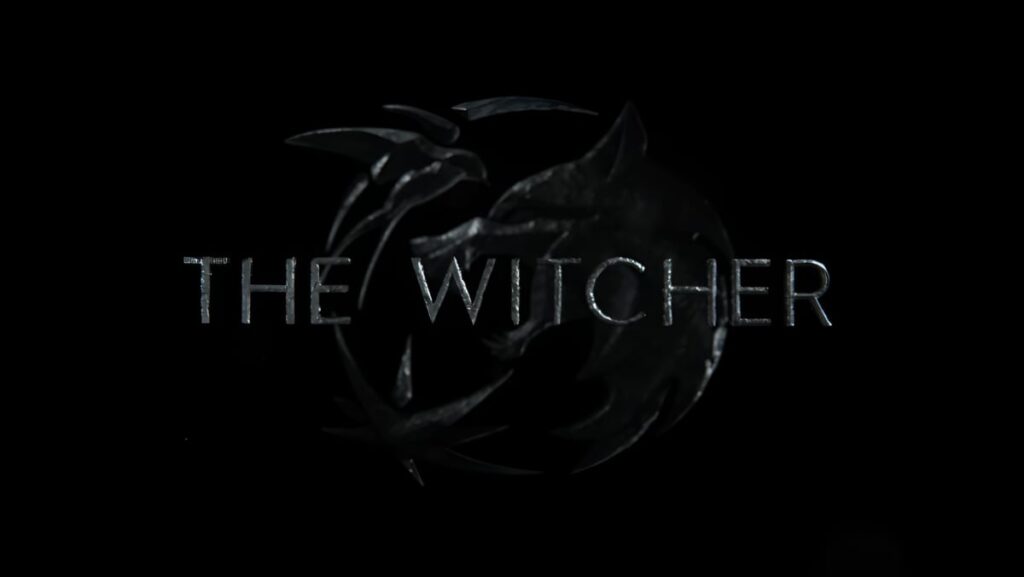
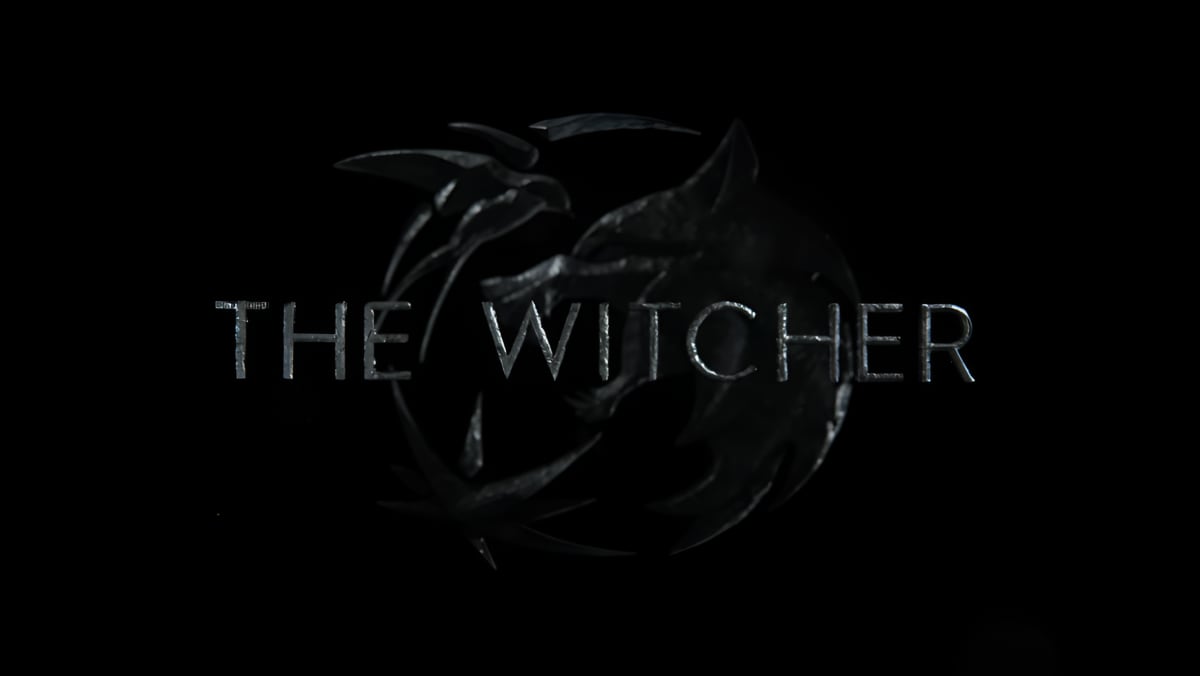
However, one of the most talked about franchises is God of War, a hugely popular Sony franchise from Santa Monica Studio.
Similar to Fallout and The Witcher, God of War has a fanbase that tolerates zero major deviations unless they are done within the character and make sense. Hopefully, Amazon will quickly learn from the success of Fallout and do its due diligence on Kratos.
Ultimately, the rise of video game adaptations was almost entirely in the realm of television, although there was sporadic help from the film industry.
Fallout, Arcanum, Castlevania, The Witcher, The Last of Us, and even Halo all prove that the small screen is the big stage for these adaptations.
Despite decades of mediocre and downright terrible adaptations on the big screen, things are looking up for those who want to see their favorite video game series succeed across multiple platforms.
What is your favorite video game adaptation? Let us know in the comments!

